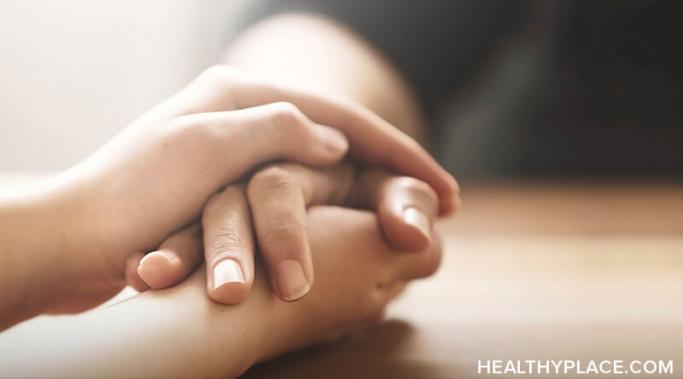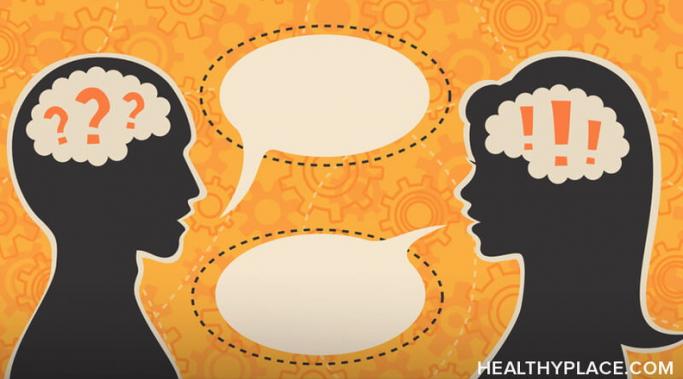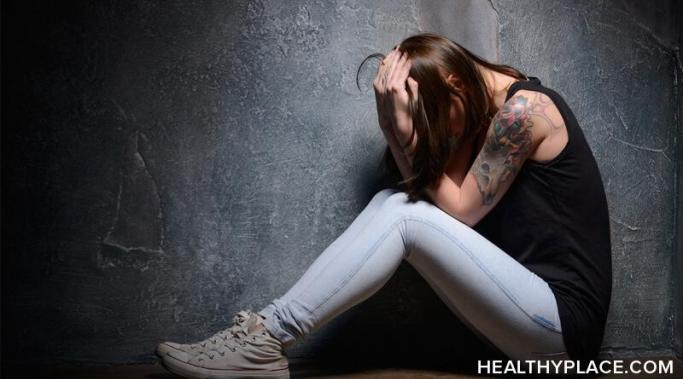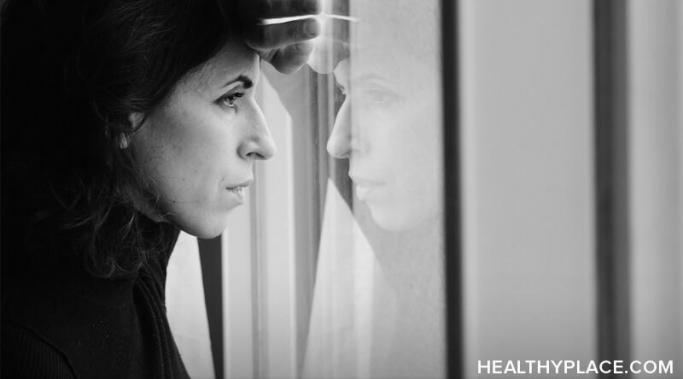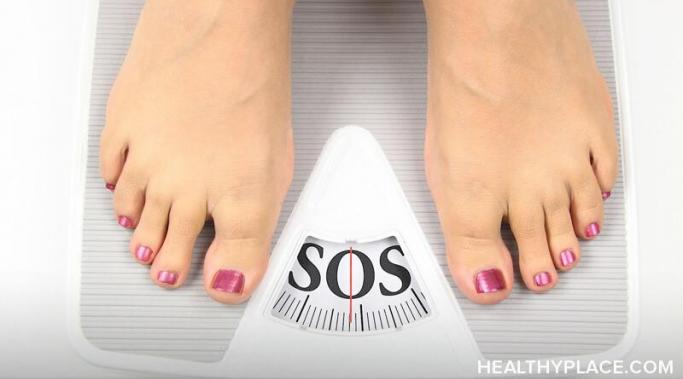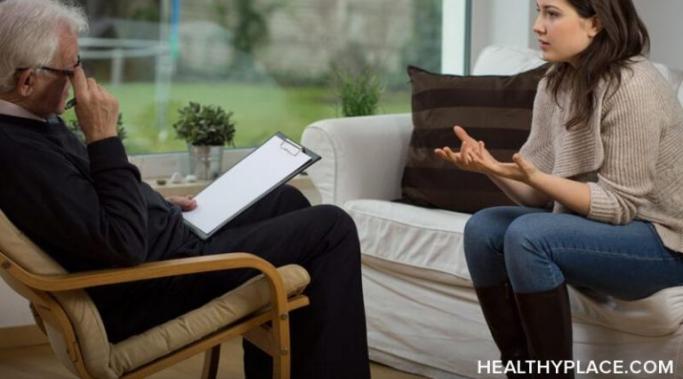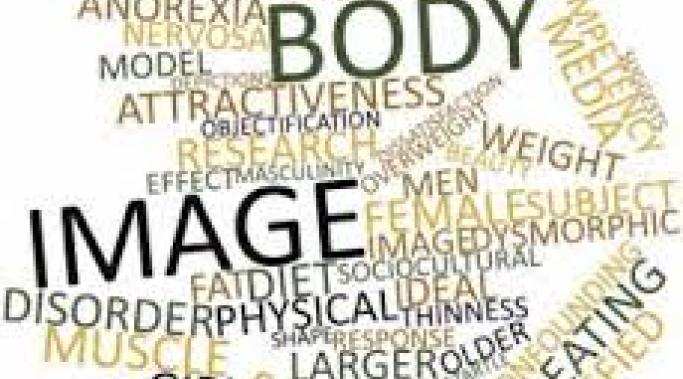I understand it's a privilege to have a solid and committed eating disorder support network. I know that some people must fight the treacherous current of their eating disorders alone. But I am fortunate to pursue recovery with the relentless encouragement of so many loved ones around me, and I just feel compelled right now to share an open letter to those in my eating disorder support network who stuck with me throughout this entire ordeal.
Disclosing Eating Disorders
Secrecy and bulimia (and all eating disorders) often go hand in hand. But this is especially true for bulimia, where people struggling with the illness may not appear to be unwell. There are so many unspoken layers of complexity to the disease that a person can suffer for years without getting the help that they need. But breaking the secrecy around bulimia is one of the best antidotes to isolation and stigma. By opening up and sharing their difficulties around food with others – even anonymously – people can stop the illness from worsening over time. Talking about it out loud is often the first step towards healing. So, how do people go from years of silence and secrecy about bulimia to admitting that they have a problem?
Eating disorders have been trivialized for decades. However, people struggling with these illnesses have an elevated risk of death by suicide compared to other psychiatric disorders, with bulimia having the highest attempted suicide rates. High comorbidity associated with bulimia – and the dearth of research – makes it difficult to tease apart what contributes to suicide risk. But it’s important for people to know that both bulimia, and the suicidality that accompanies it, can be treated and overcome. (Note: This post contains a trigger warning.)
Most mainstream eating disorder films offer stereotypical representations of people with eating disorders. It’s important for our storytellers to start offering honest and responsible portrayals of eating disorders that speak to a wider spectrum of people.
I have a slew of insights about understanding eating disorders for family and friends, but I often don't have the language to communicate it all. I suspect that I'm not alone in this predicament. My hunch is most people with disordered eating issues struggle to attach words to their experience. Because eating disorders are complex illnesses that oppress the body, mind and spirit, they are painful to discuss. And their secretive, withdrawn nature can make people on the outside feel confused, wounded or even angered. They might perceive the eating disorder sufferer's actions as callous, apathetic, disingenuous and selfish. But while eating disorders do perpetuate this kind of behavior, it's not indicative of the person's true character. Underneath that hard, stony facade is someone desperate to feel accepted and validated. So I need understanding--understanding about eating disorders from family and friends—and if you can relate, I encourage you to use these talking points with your loved ones too.
Talking about your eating disorder recovery story and your struggles with an eating disorder can feel intimidating, exposing, or overwhelming. But when you reach a stable, consistent place in eating disorder recovery, that inner nudge to share your eating disorder recovery story is often disarming, healing and empowering—both for yourself and others.
There are reasons your therapist will break confidentiality. For some of us, this may come as a surprise because we've learned to trust our therapist. We see our therapist as Pandora’s box, where we think that they will never share anything that we tell them. However, a licensed therapist is bound by law to share a few things. Here’s what triggers your therapist to break confidentiality.
Most people who know me today know that I’m a food enthusiast -- I love food in eating disorder recovery. When those people become aware of my past and try to reconcile those two experiences, they tend to be confused. How can someone both be enthusiastic about food and also have suffered an eating disorder? From my perspective, this is actually quite a natural progression. Though I may have some anxiety around food, my eating disorder recovery taught me that confronting that anxiety head-on and embracing food as nourishment is part of recovery.
Roughly 10 years ago this week, I was moving out on my own and attending graduate school. Many other big changes were happening at the same time in my life, but looking back, I can honestly say that those two had the biggest impact on my eating disorder spinning out of control around that time. It is no surprise that major life changes or transitions can, unfortunately, be triggers for a number of events or conditions in one's life, including eating disorders.
Here's a bit about my experience on this and how it related to my mental illness.
I often say, and write, that my eating disorder never defined me, not its diagnosis, nor the stigma attached to suffering through the illness. Even today, I'm open about the fact that I deal with food anxiety and no, I'm not ashamed of that either.
